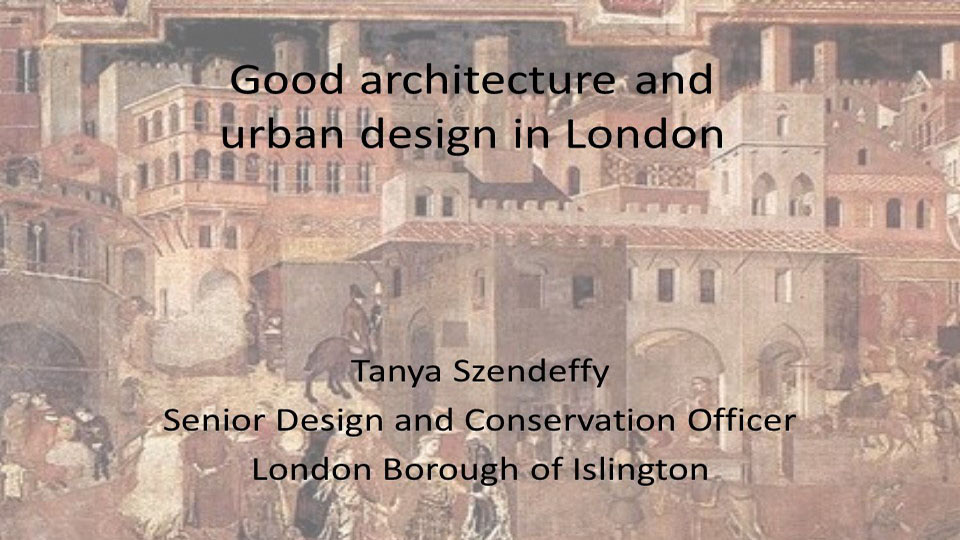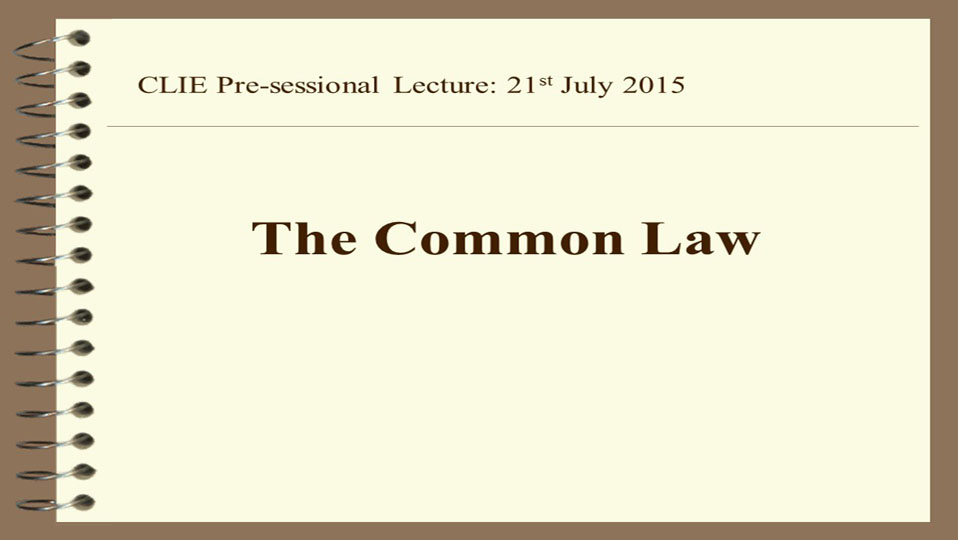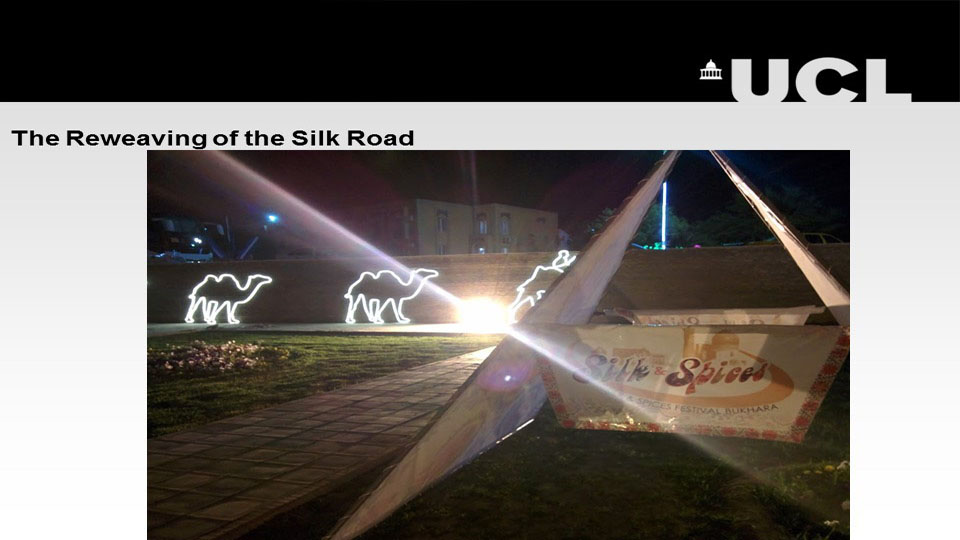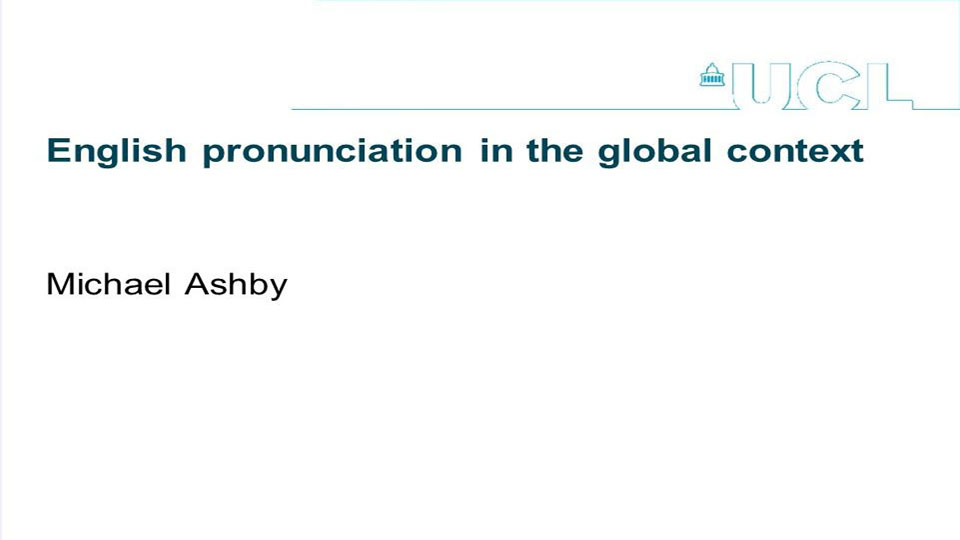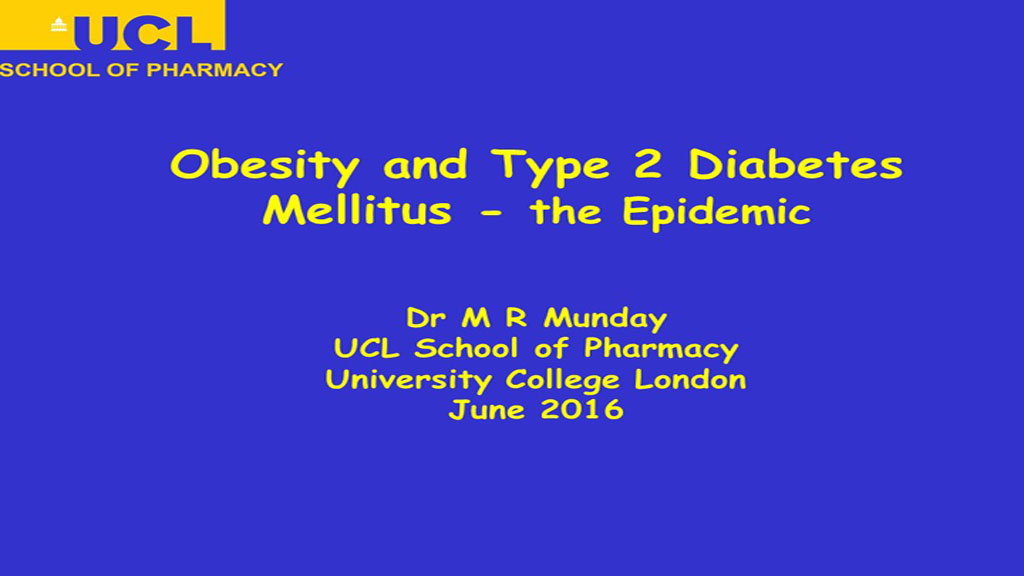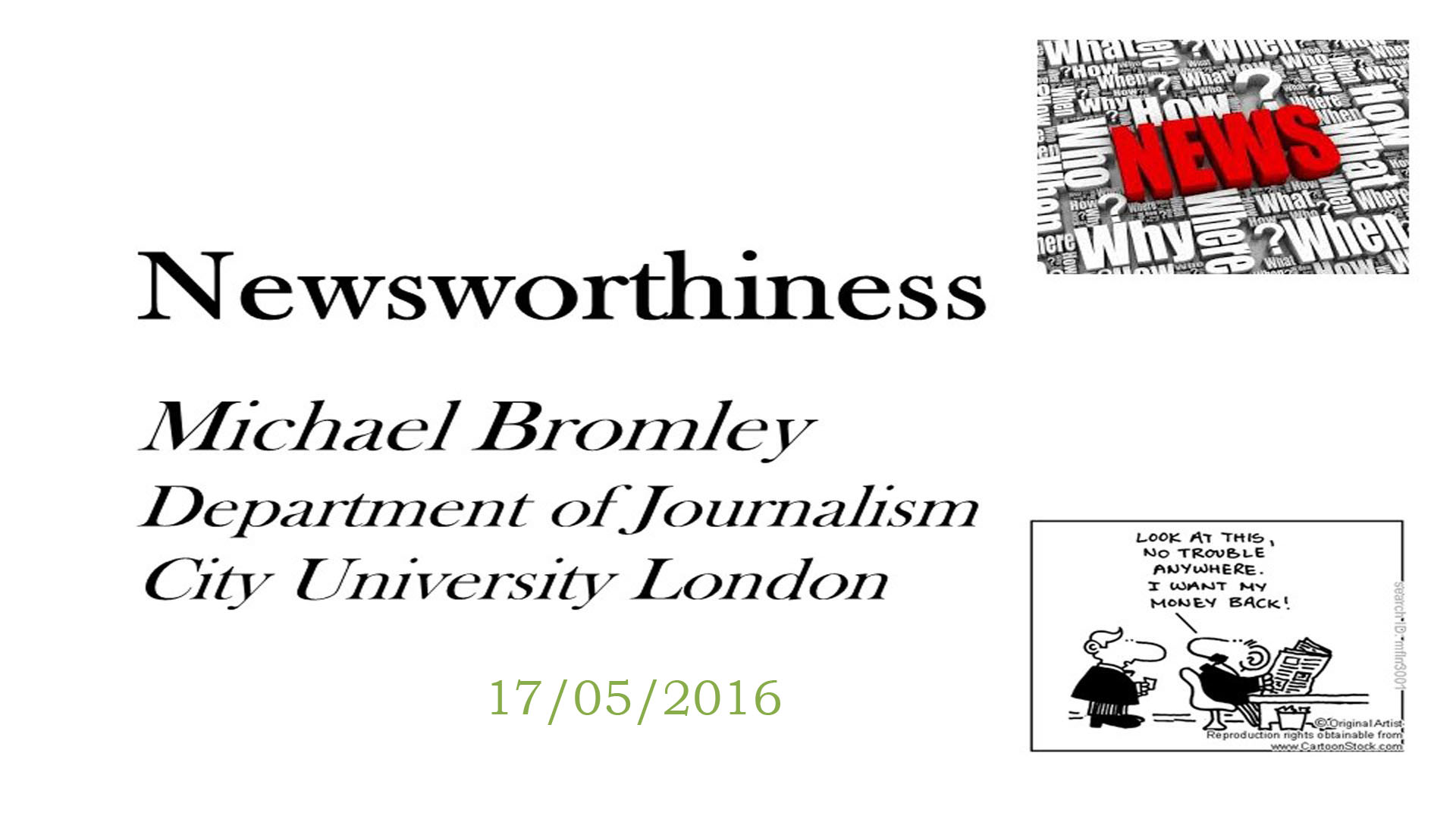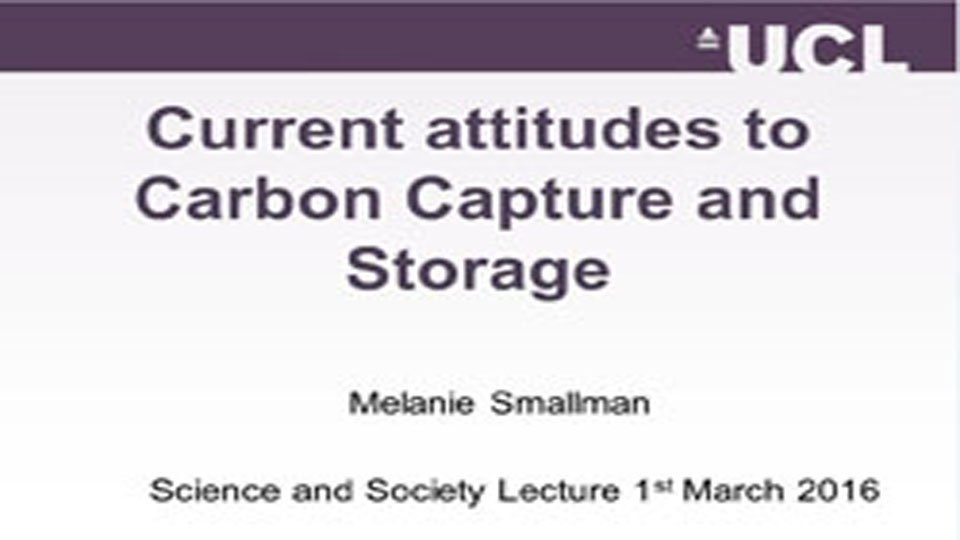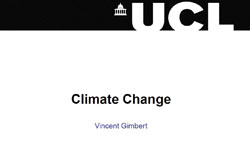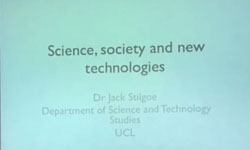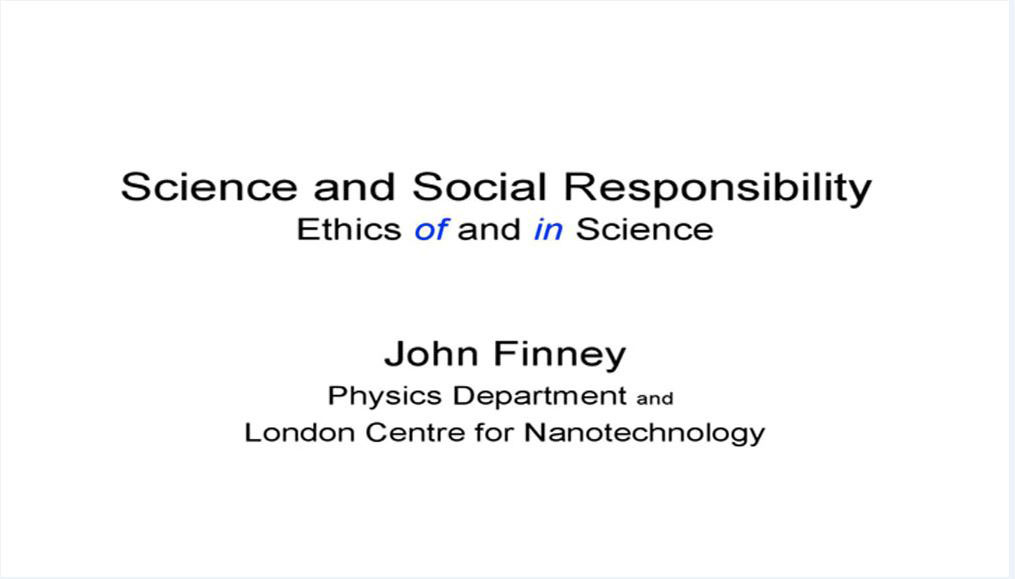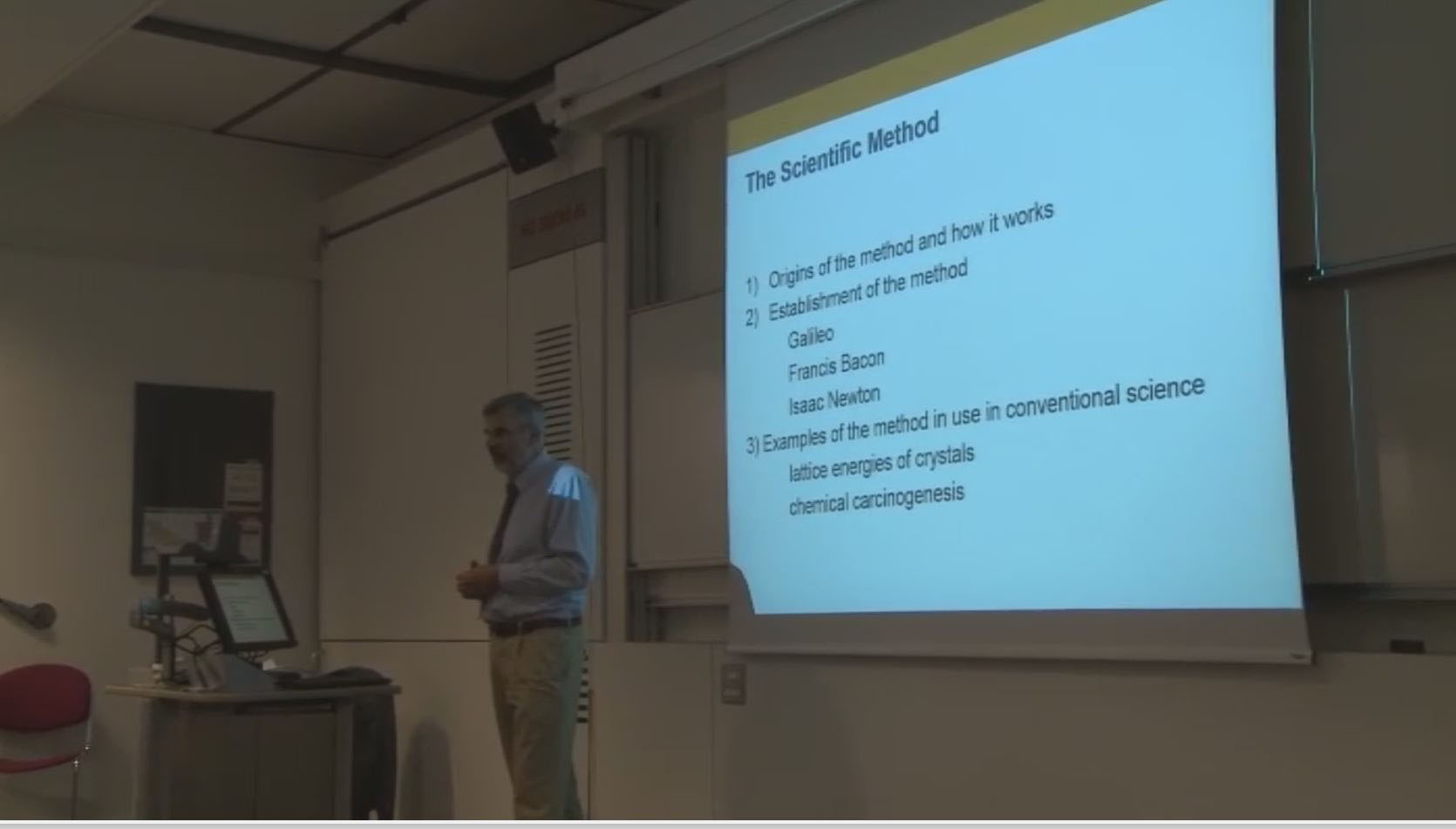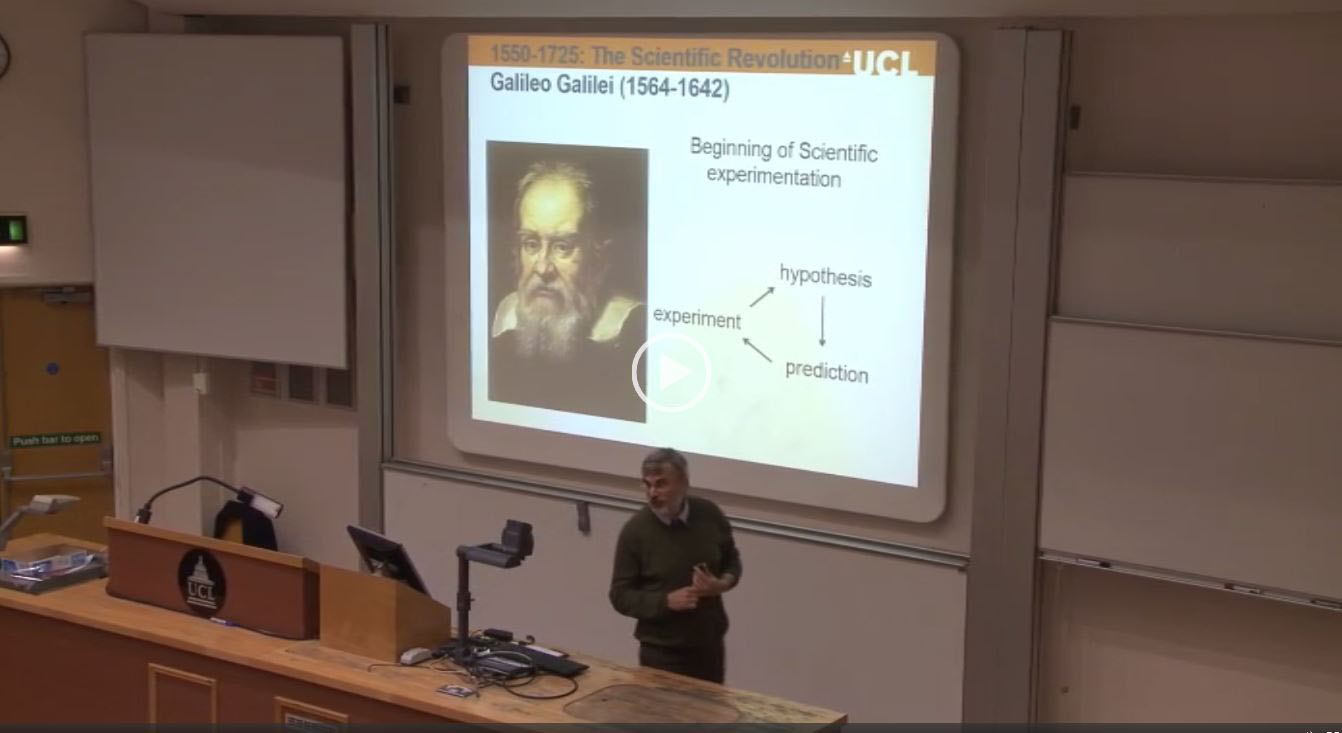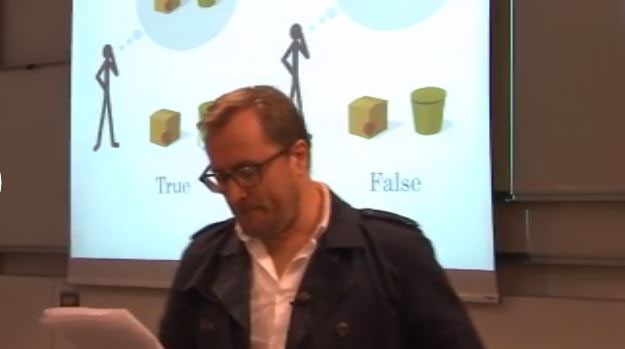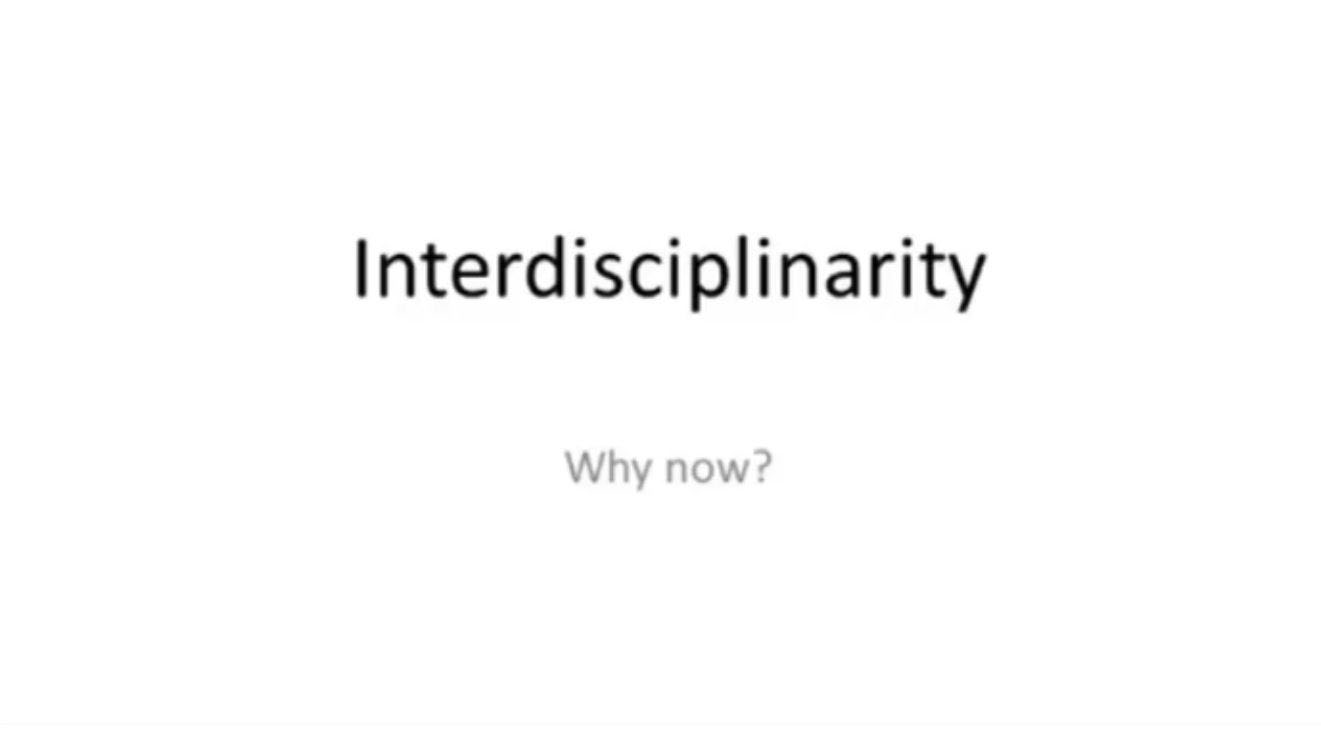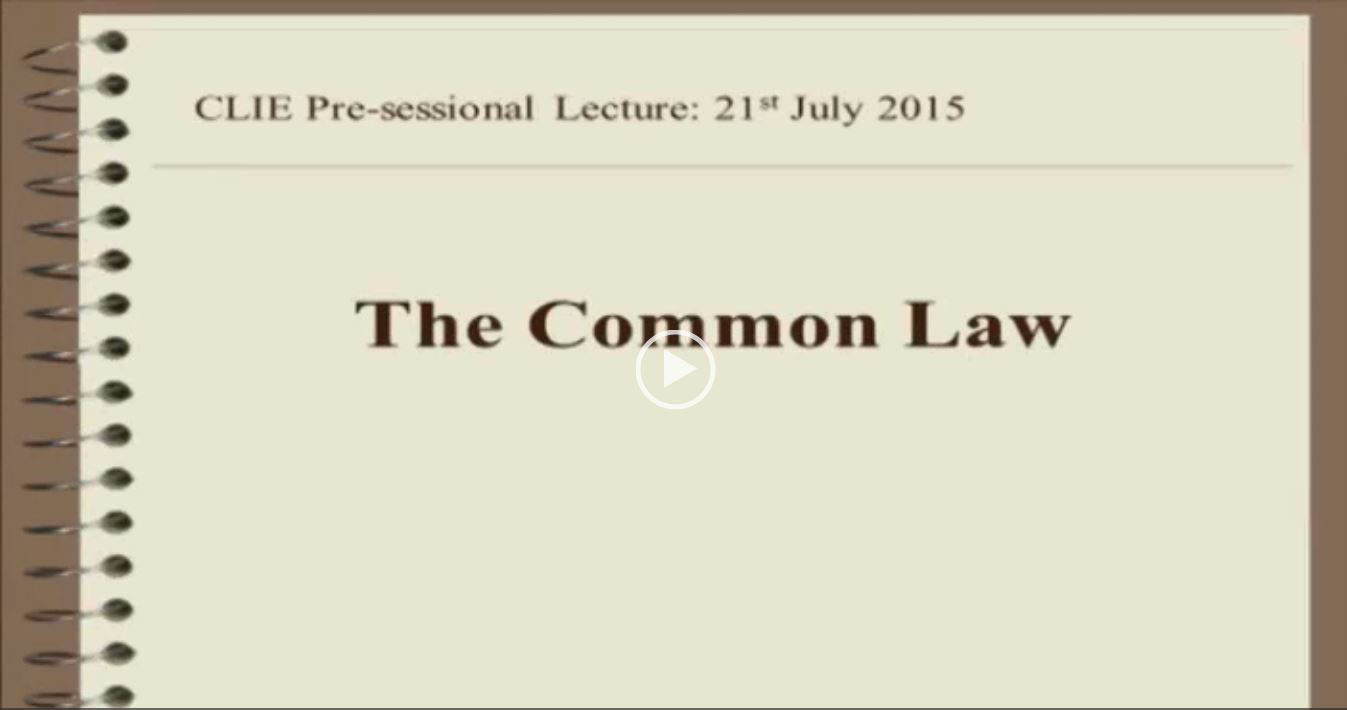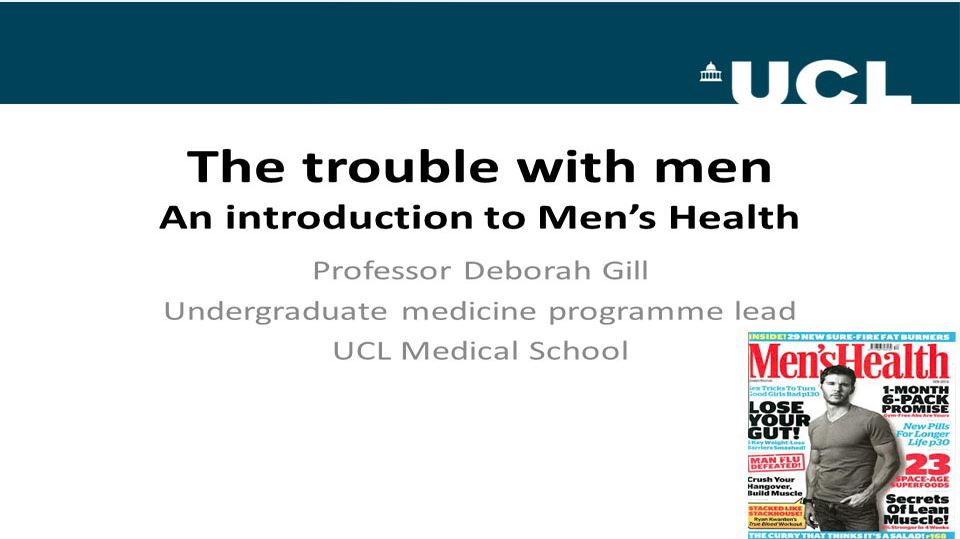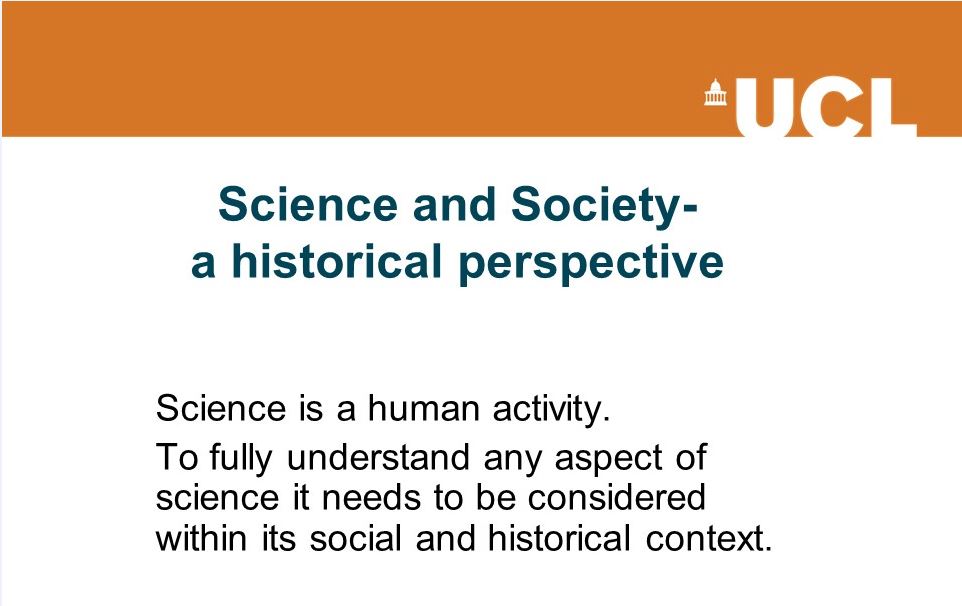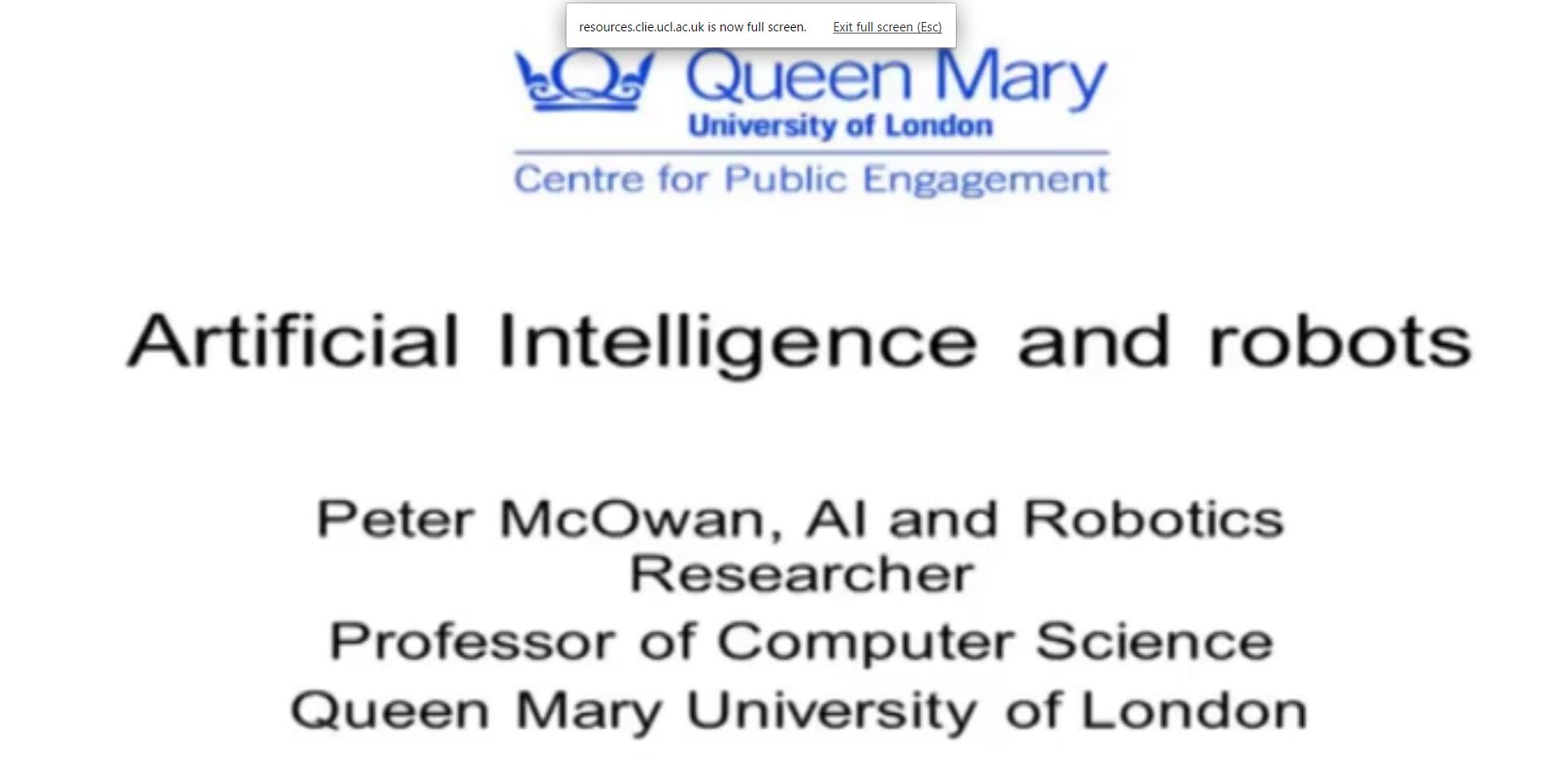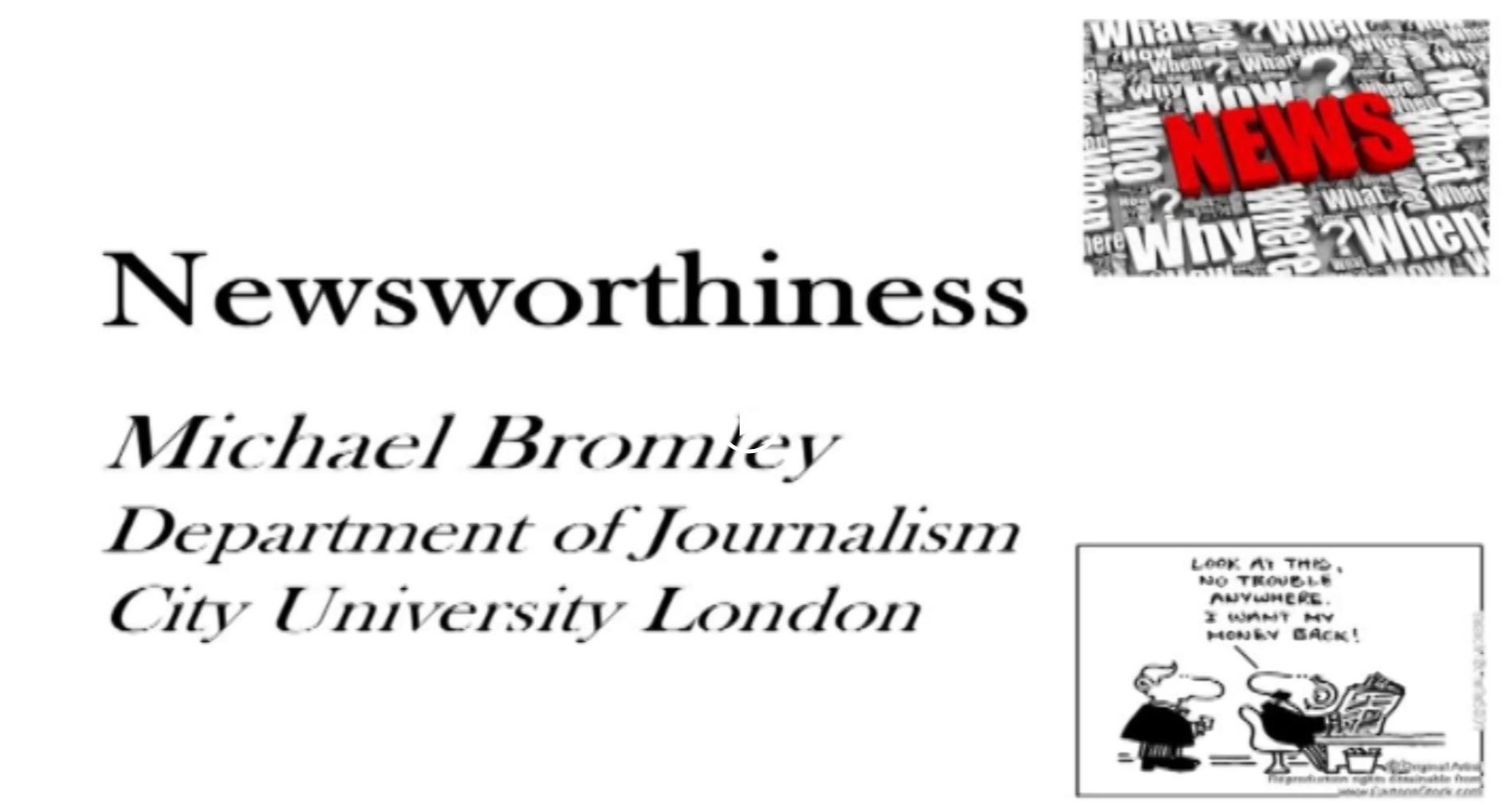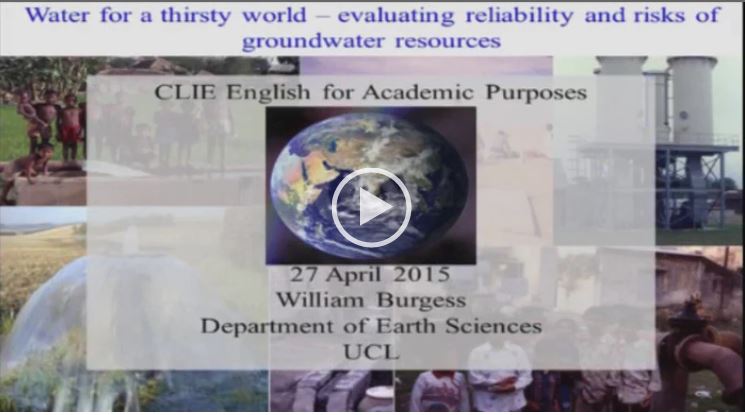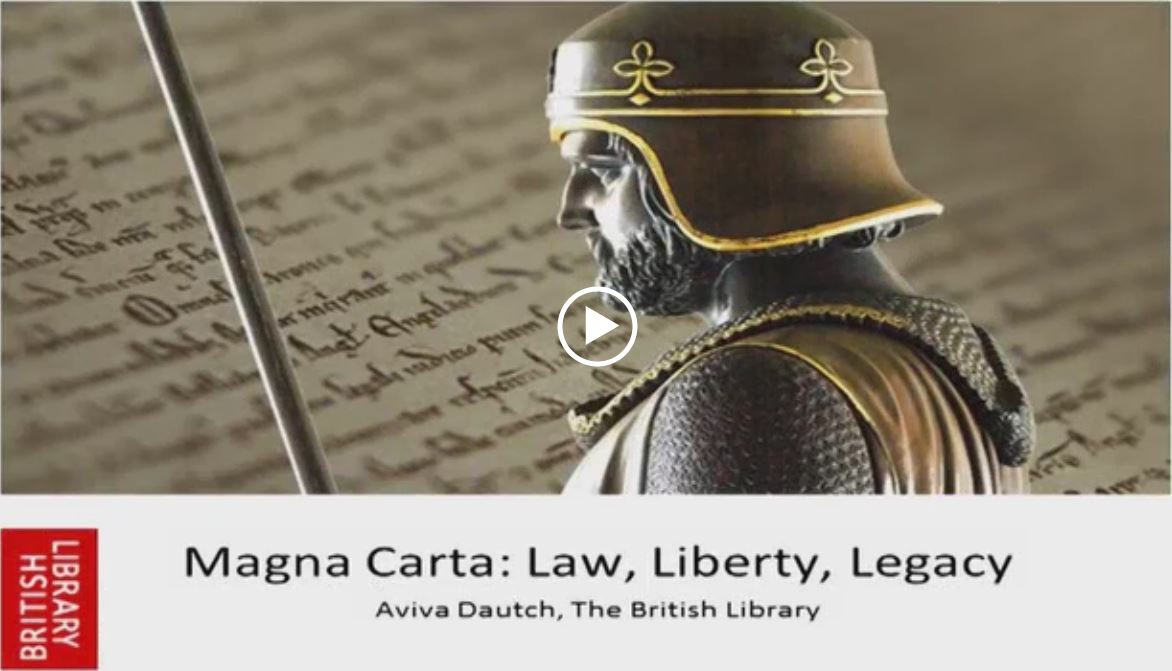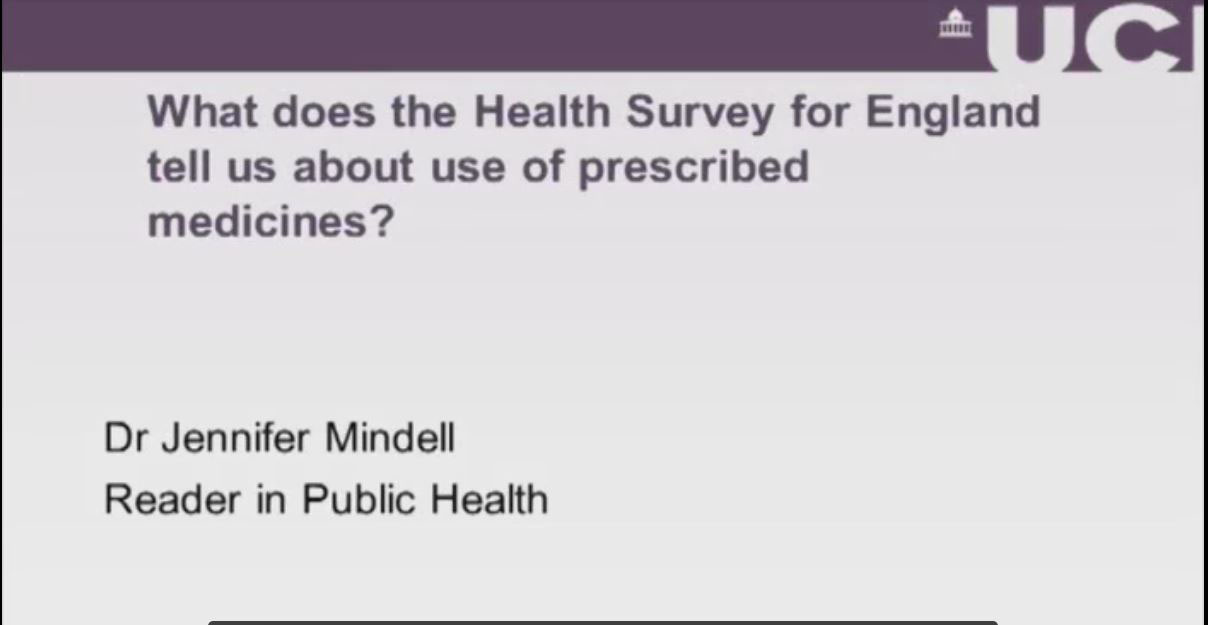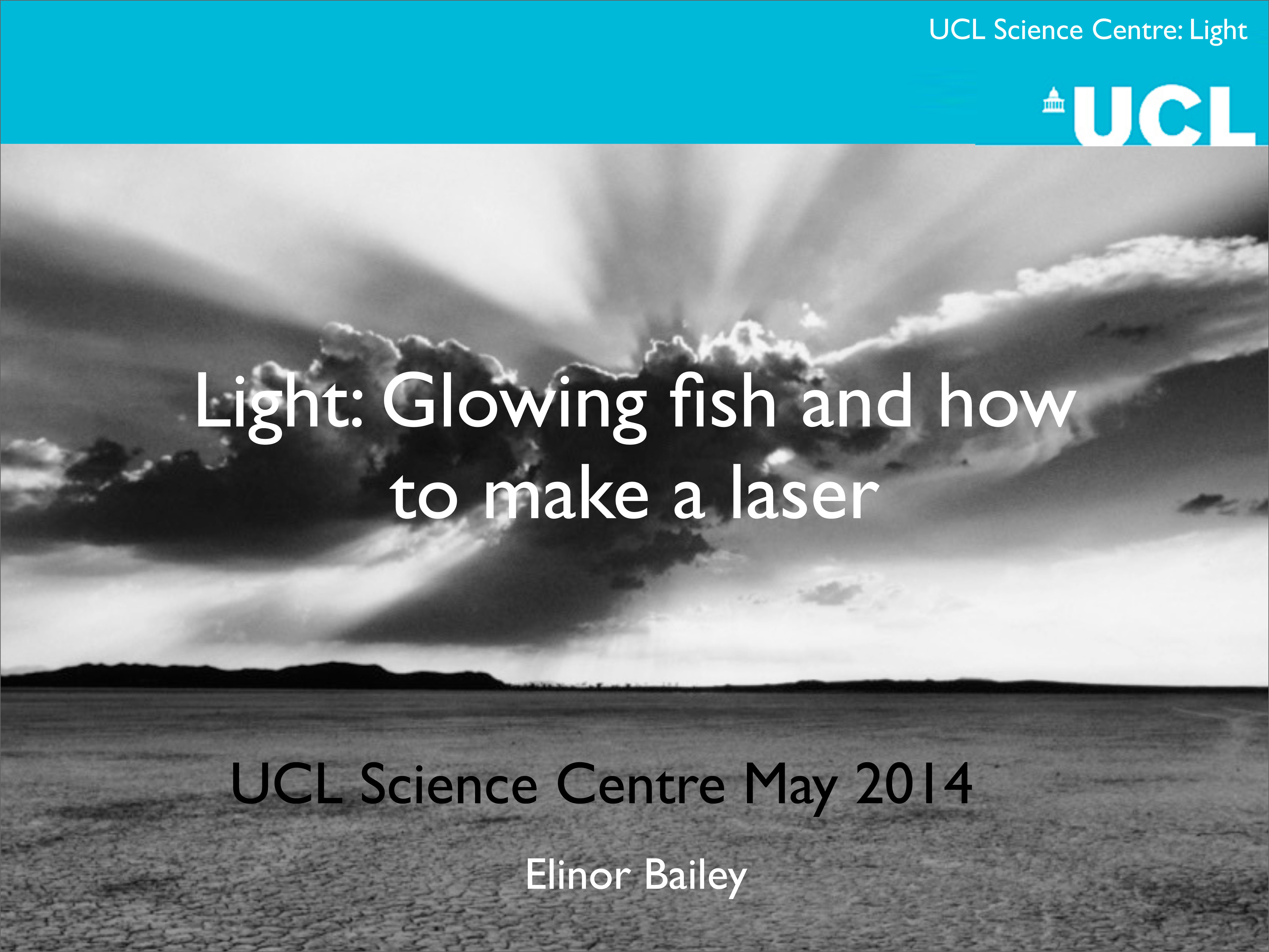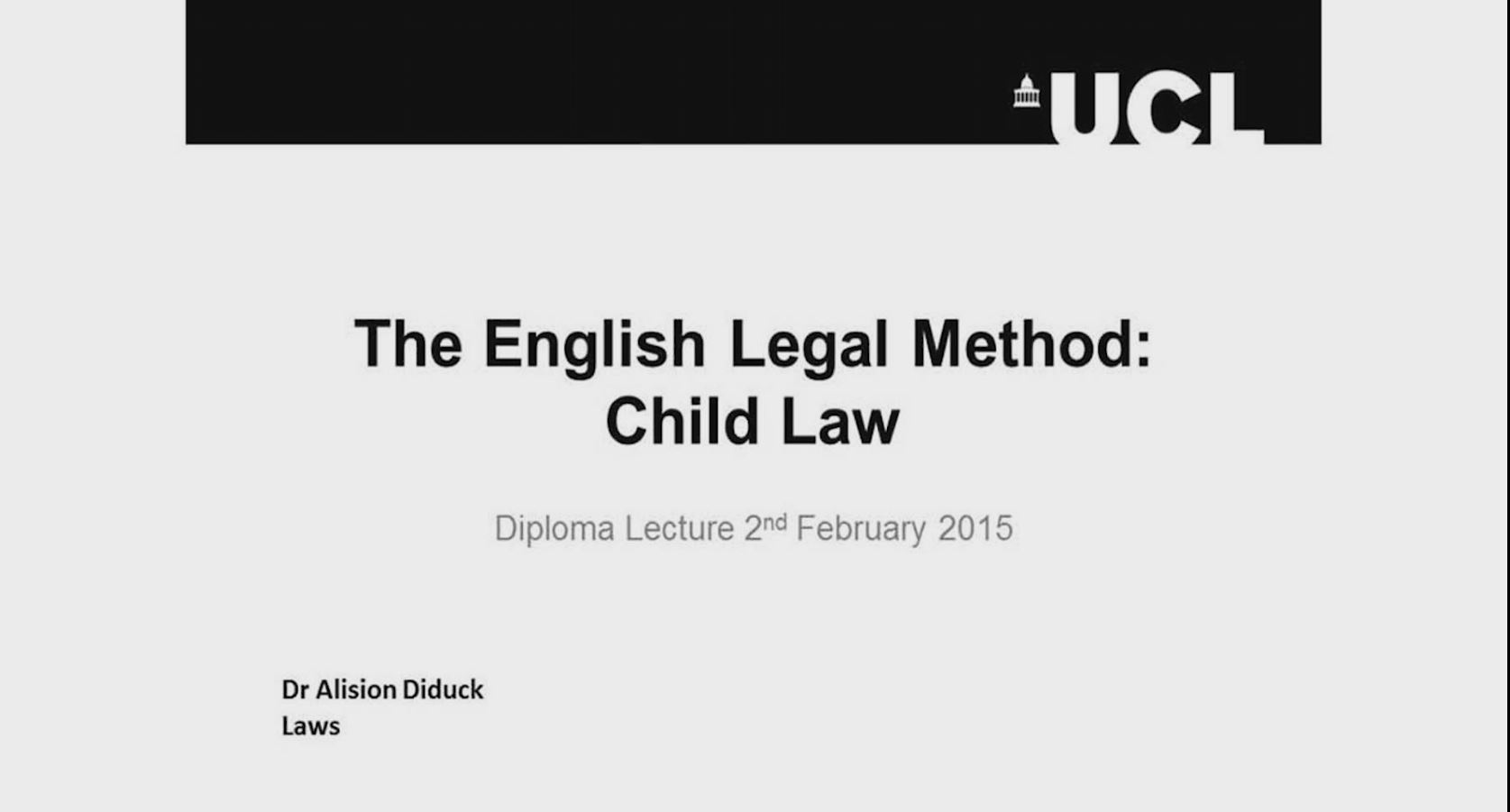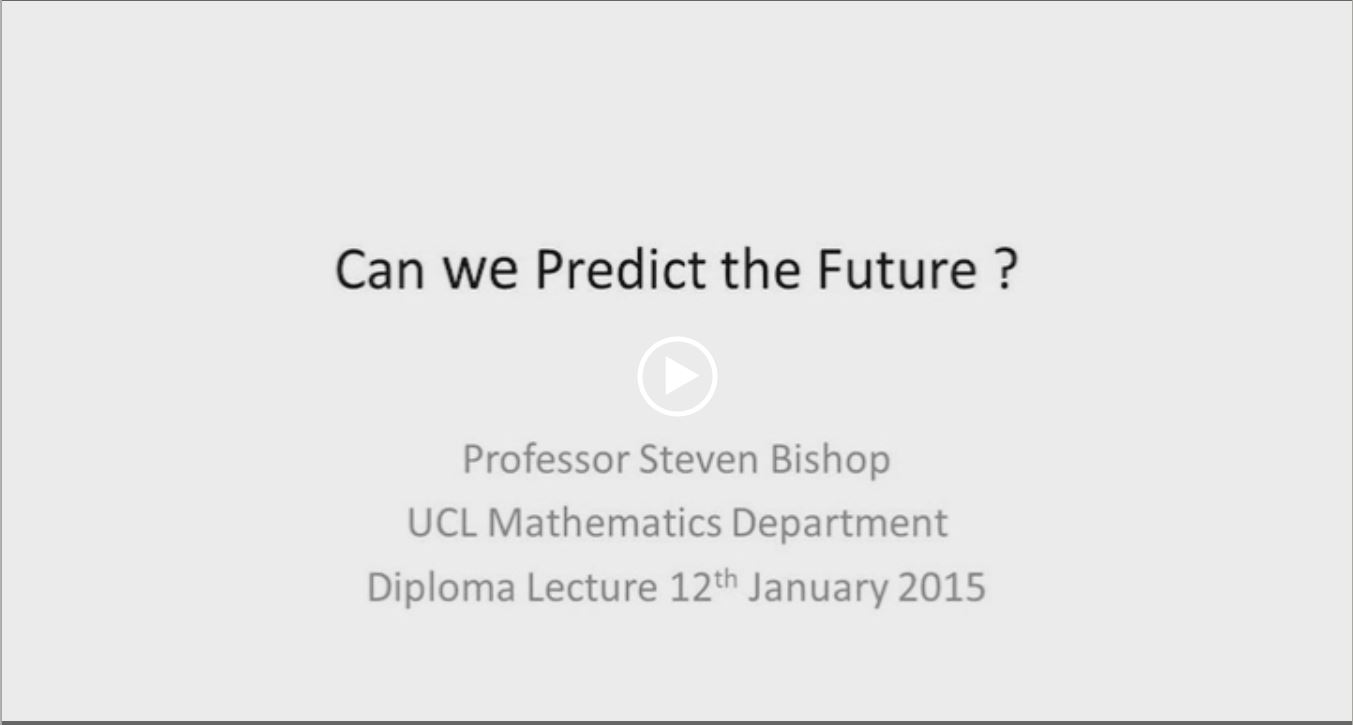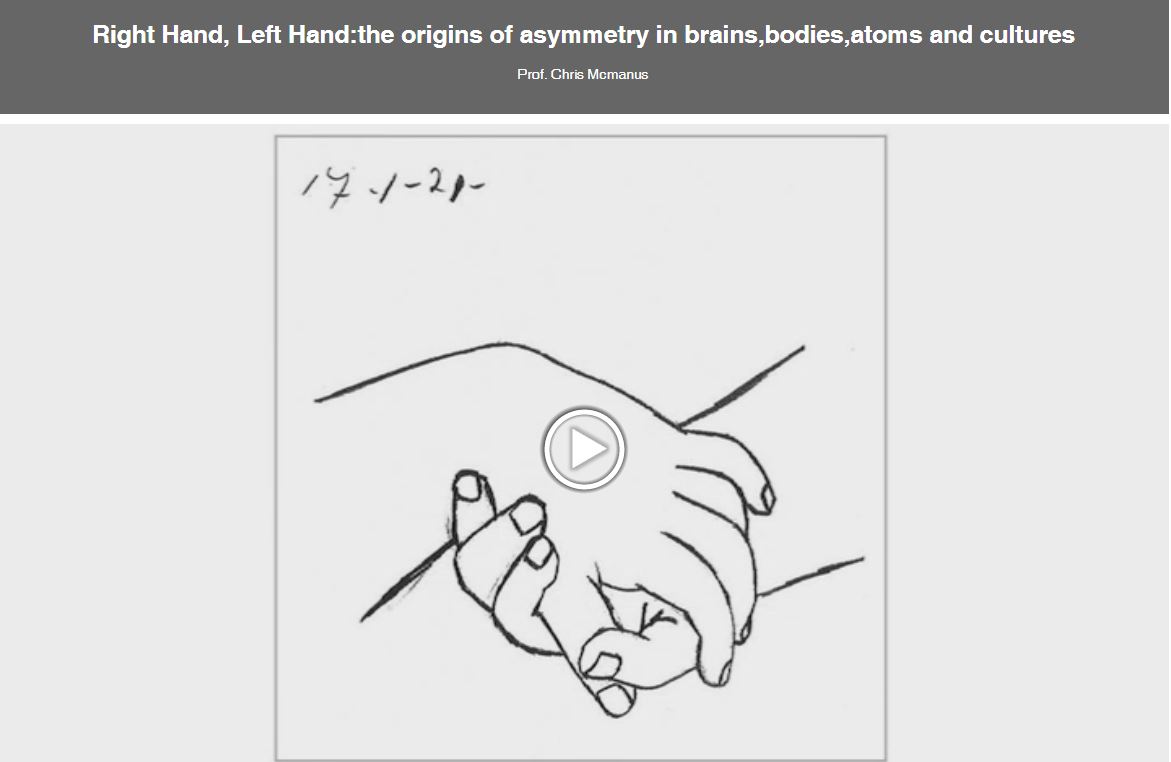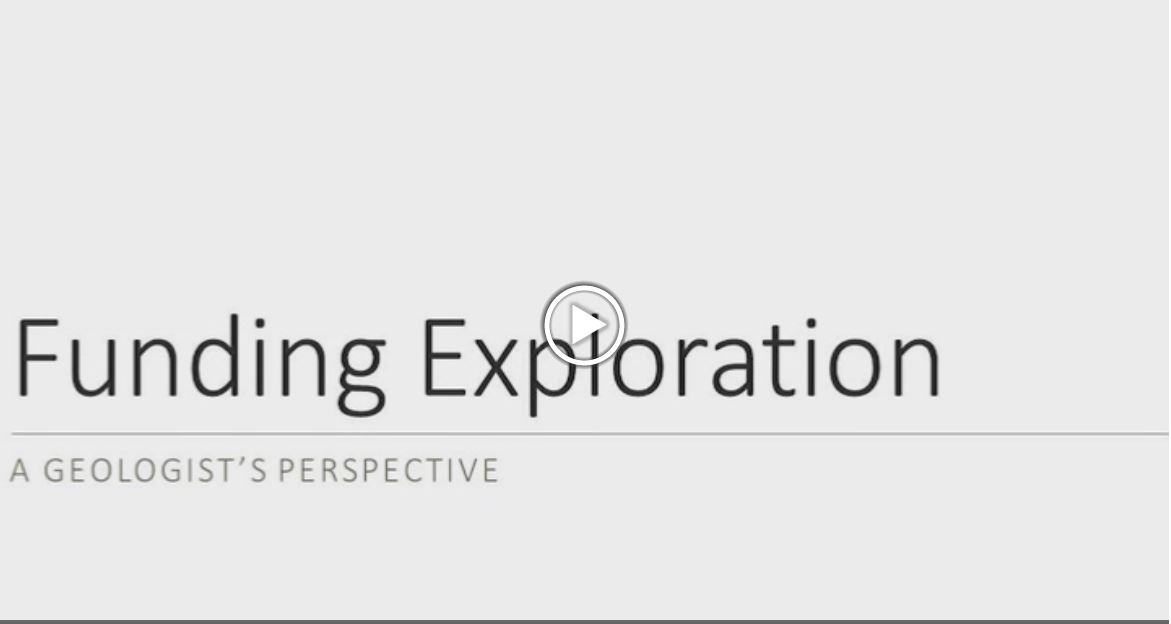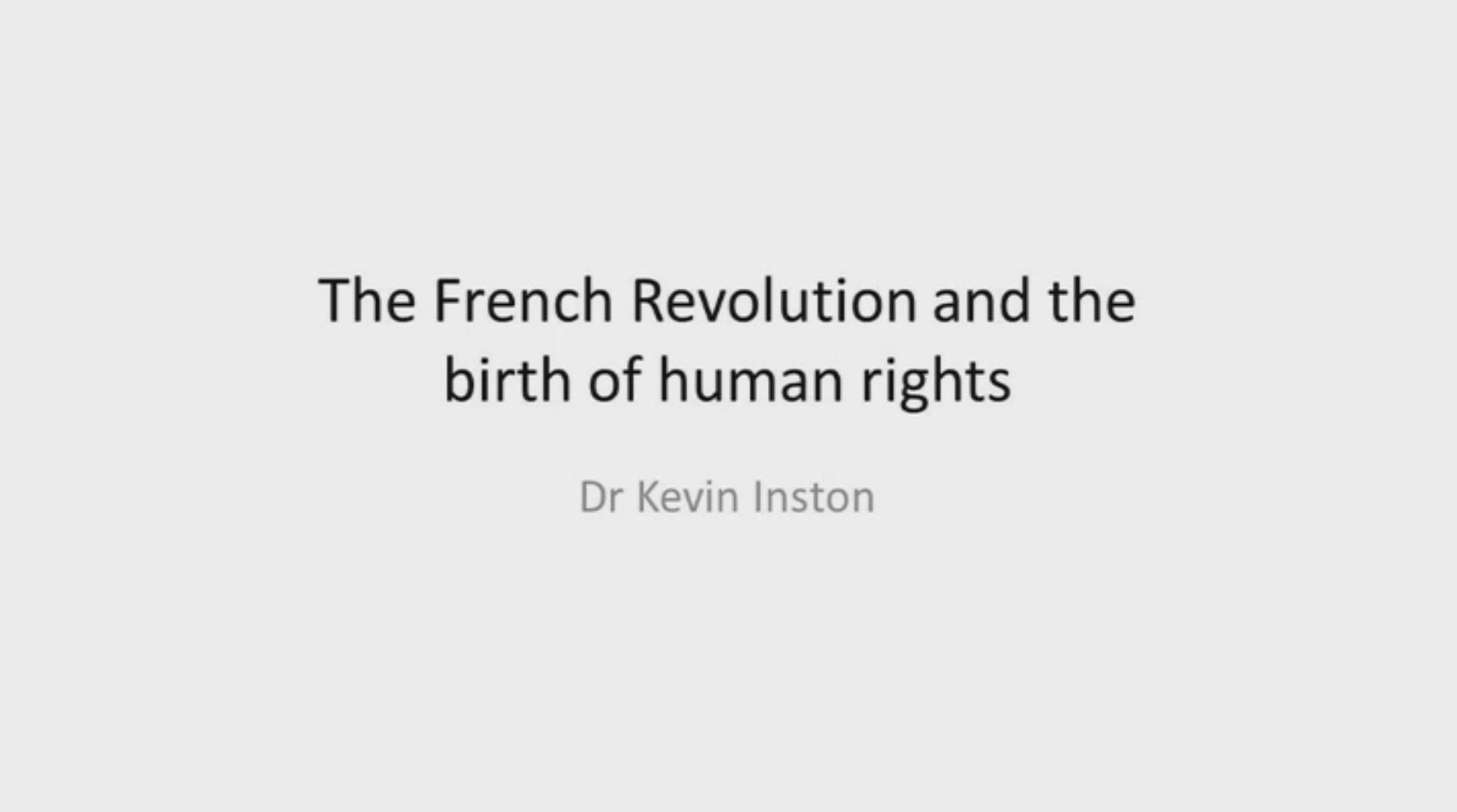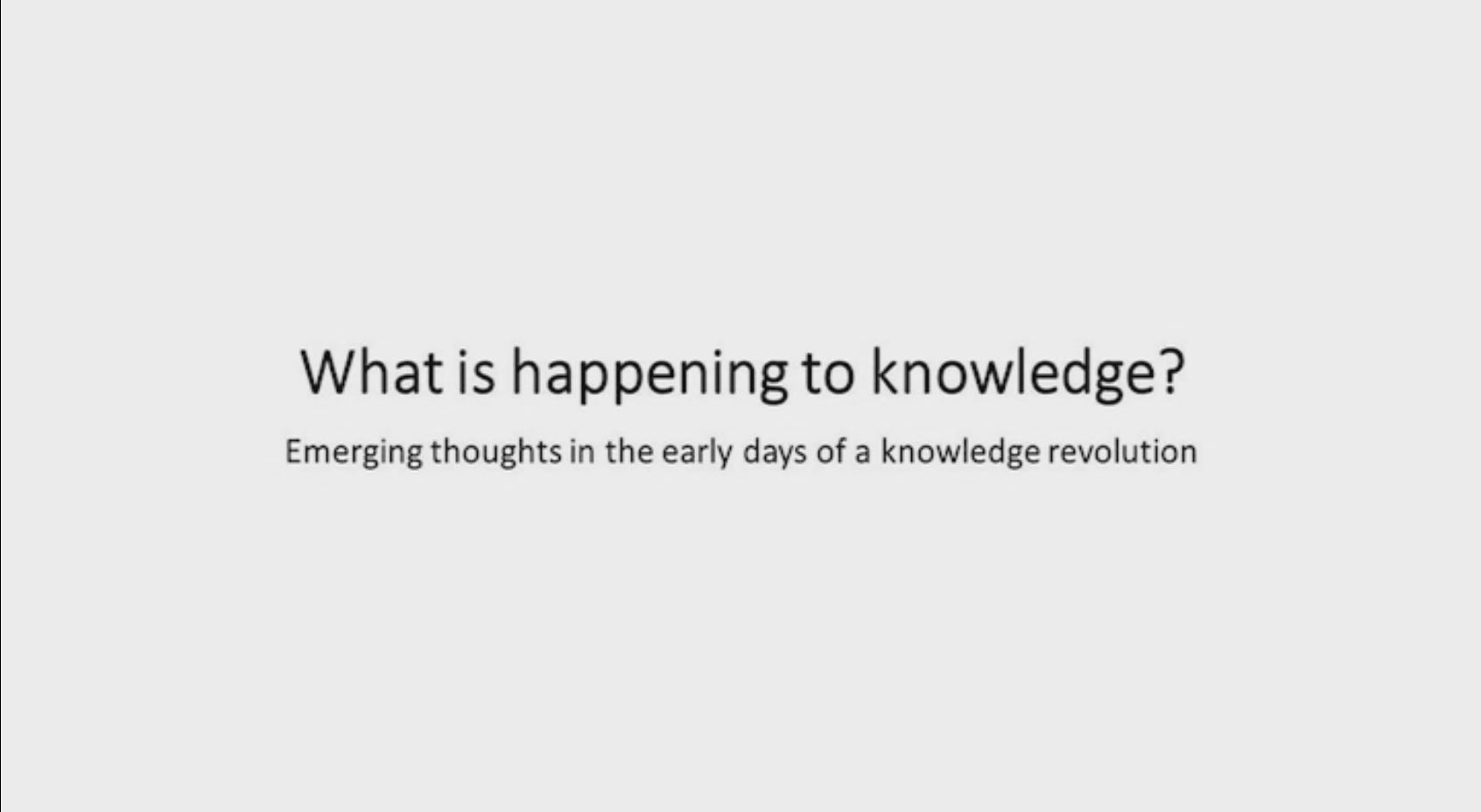Select one or more of these popular tags:
-
Good Architecture and Urban Design in London
-
Tanya Szendeffy , 2016
Pre-sessional Lecture 26th July 2016
- No subtitles
- 43
Pre-sessional Lecture 26th July 2016
-
The Common Law
-
Professor Ben McFarlane , 2016
Pre-sessional lecture 19th July 2016
- No subtitles
- 62
Pre-sessional lecture 19th July 2016
-
The Reweaving of the Silk Road
-
Dr Gai Jorayev , 2016
Pre-sessional lecture 2016
- No subtitles
- 56
Pre-sessional lecture 2016
-
English Pronunciation in the Global Context 2016
-
Michael Ashby , 2016
Pre-sessional Lecture 28th June 2016
- No subtitles
- 50
Pre-sessional Lecture 28th June 2016
-
Obesity and Type 2 Diabetes
-
Dr Michael Munday , 2016
Pre-sessional lecture 15/06/2016
- No subtitles
- 58
Pre-sessional lecture 15/06/2016
-
Newsworthiness
-
Professor Michael Bromley , 2016
Pre-sessional lecture 17/05/16
- No subtitles
- 47
Pre-sessional lecture 17/05/16
-
Current Attitudes to Carbon Capture and Storage
-
Melanie Smallman , 2016
Science and Society Lecture 1st March 2016
- No subtitles
- 36
Science and Society Lecture 1st March 2016
-
Climate Change
-
Vincent Gimbert , 2016
Science and Society Lecture 9th February 2016
- No subtitles
- 49
Science and Society Lecture 9th February 2016
-
Science, Society and New Technologies
-
Dr Jack Stilgoe , 2016
Science and Society Lecture 2016
- No subtitles
- 41
Science and Society Lecture 2016
-
Science and Social Responsibility: Ethics of and in Science
-
John Finney , 2015
Science and Society Lecture 24th November 2015
- No subtitles
- 50
Science and Society Lecture 24th November 2015
-
A Brief History of Reason
-
Ian Newby , 2015
IPM Lecture 12th October 2015
- No subtitles
- 76
IPM Lecture 12th October 2015
-
Absolute Grounds for the Refusal of Registration
-
Dr ILanah Simon Fhima , 2015
Pre-Sessional Lecture 18th August 2015
- No subtitles
- 52
Pre-Sessional Lecture 18th August 2015
-
Interdisciplinarity
-
Carl Gombrich , 2015
Please note. The first two minutes of the lecture are audio only ! Pre-sessional Lecture 2015.
- No subtitles
- 52
Please note. The first two minutes of the lecture are audio only ! Pre-sessional Lecture 2015.
-
The Common Law
-
Professor Ben McFarlane , 2015
Pre-Sessional Lecture 21st July 2015
- No subtitles
- 65
Pre-Sessional Lecture 21st July 2015
-
The Trouble with Men: An Introduction to Men’s Health
-
Professor Deborah Gill , 2015
Pre-Sessional Lecture 2015
- No subtitles
- 50
Pre-Sessional Lecture 2015
-
Science and Society - A Historical Perspective 2015
-
Dr Peter Bowman , 2015
Pre-Sessional Lecture 2015
- No subtitles
- 52
Pre-Sessional Lecture 2015
-
Artificial Intelligence and Robots
-
Peter McOwan , 2015
Diploma Lecture May 2015
- Engineering
- No subtitles
- 55
Diploma Lecture May 2015
-
Newsworthiness
-
Professor Michael Brockley , 2015
Pre-Sessional Lecture 2015. What makes news? Who makes news? The process by which something or someone becomes news is far from transparent. Fifty years ago Galtung and Ruge attempted to codify what constituted news by analysing a particular part of the finished product. Do their conclusions apply to all forms of news – everywhere across all time? Can we extrapolate from their work how the news manufacturing process occurs? Do users make the news as much as the media do? What does newsworthiness look like 50 years after the Galtung and Ruge study? We will explore these and other issues using contemporary examples.
- No subtitles
- 45
Pre-Sessional Lecture 2015. What makes news? Who makes news? The process by which something or someone becomes news is far from transparent. Fifty years ago Galtung and Ruge attempted to codify what constituted news by analysing a particular part of the finished product. Do their conclusions apply to all forms of news – everywhere across all time? Can we extrapolate from their work how the news manufacturing process occurs? Do users make the news as much as the media do? What does newsworthiness look like 50 years after the Galtung and Ruge study? We will explore these and other issues using contemporary examples.
-
Water for a Thirsty World – Evaluating Reliability and Risks of Groundwater Resources
-
Dr. W.G. Burgess , 2015
Diploma Lecture 27th April 2015
- Geology
- No subtitles
- 54
Diploma Lecture 27th April 2015
-
Magna Carta: Law, Liberty, Legacy
-
Aviva Dautch , 2015
Diploma Lecture 9th March 2015
- Law
- No subtitles
- 63
Diploma Lecture 9th March 2015
-
What does the Health Survey for England Tell us About Use of Prescribed Medicines?
-
Dr Jennifer Mindel , 2015
Diploma Lecture 16th March 2015
- Medical Sciences
- No subtitles
- 50
Diploma Lecture 16th March 2015
-
Light: Glowing Fish and How to Make Lasers
-
Dr Elinor Bailey , 2014
Diploma Lecture 2014
- No subtitles
- 66
Diploma Lecture 2014
-
The English Legal Method: Child Law
-
Dr Alison Diduck , 2015
Diploma Lecture 2nd February 2015
- No subtitles
- 53
Diploma Lecture 2nd February 2015
-
Can we Predict the Future?
-
Professor Steven Bishop , 2015
Diploma Lecture 12th January 2015
- No subtitles
- 60
Diploma Lecture 12th January 2015
-
Right Hand, Left Hand: The Origins of Asymmetry in Brains, Bodies, Atoms and Cultures
-
Prof. Chris Mcmanus , 2014
Diploma Lecture 1st December 2014
- No subtitles
- 54
Diploma Lecture 1st December 2014
-
What is Happening to Knowledge?
-
Mr Carl Gombrich , 2014
Diploma Lecture 2014
- No subtitles
- 55
Diploma Lecture 2014

